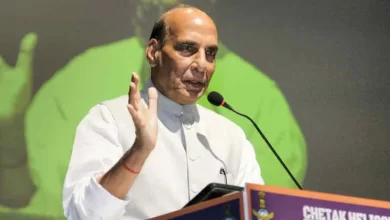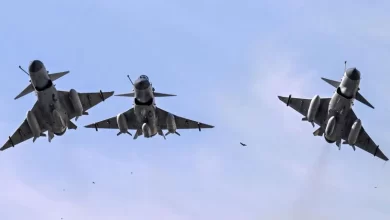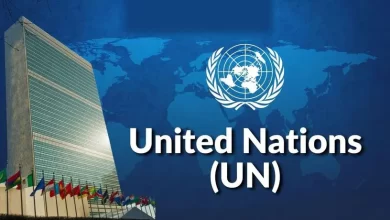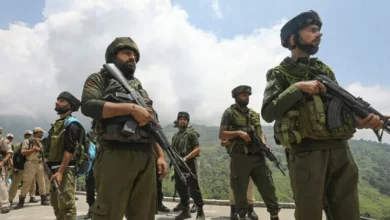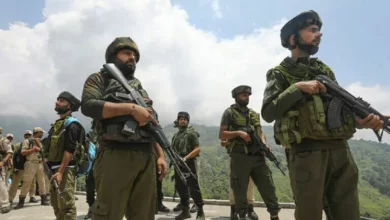Nepal MPs vote for new president amid political uncertainty
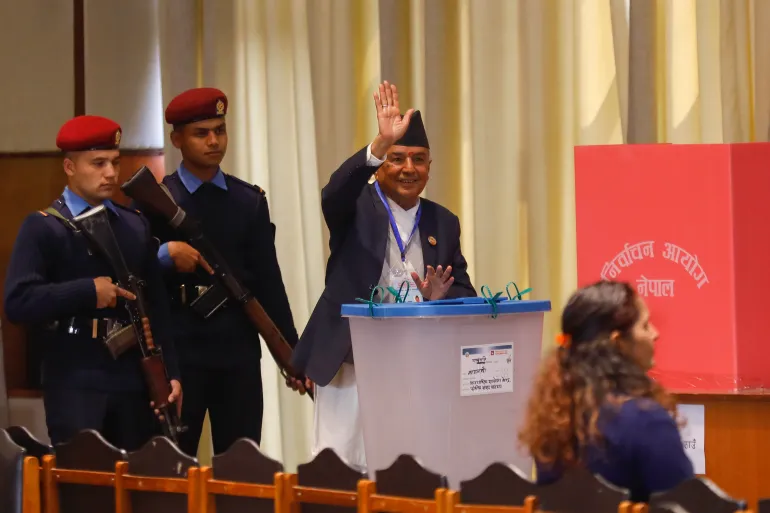
The election has fuelled feuds among the main political parties, with a key left party quitting the fragile ruling coalition last month.

Nepal’s parliament members have lined up to elect a new president, the third since the Himalayan nation abolished a centuries-old monarchy and became a republic.
The presidential election has fuelled feuds among the main political parties and triggered political uncertainty.
A total of 884 members of the federal parliament and provincial assemblies gathered in the capital, Kathmandu, on Thursday to vote for the new president. The final results are expected by Thursday night.
Both candidates in the presidential race are prominent career politicians.
Ram Chandra Poudel is a senior leader of the Nepali Congress party and previously served as the speaker of the House of Representatives.
His opponent, Subash Chandra Nembang of the Communist Party of Nepal (Unified Marxist-Leninist), has also previously served as the speaker.

The national election in November last year left a hung parliament, leading to a fragile coalition government taking power.
Prime Minister Pushpa Kamal Dahal’s decision to support a candidate outside the coalition partners led to the alliance’s biggest party pulling its support. As a result, Dahal was forced to seek a confidence vote in parliament later this month.
Analysts say the presidential election and confidence vote could lead to further instability.
“The phase of political instability in Nepal has not ended despite the fact we had a successful national election and a new coalition government in place,” said Dhruba Adhikary, an independent analyst in Kathmandu.
Besides facing the vote of confidence, Dahal also lost the support of three key political parties that were part of the initial coalition government. His tenure has had a rocky start even before he could address key issues facing the country of 30 million.
Nepal is still struggling to recover from the economic troubles brought by COVID-19, which led to a drop in the number of foreign tourists coming to climb the country’s mountain peaks and hike its trails. Reviving tourism is necessary to bolster Nepal’s economy.
Dahal also must balance relations between Nepal’s two giant neighbours, India and China. Both New Delhi and Beijing compete for influence in the tiny Himalayan nation.
Nepal’s new prime minister typically begins his or her tenure with a visit to one of these countries, but Dahal has not yet announced any such plans.
Political turmoil and frequent changes in government are nothing new in Nepal, where eight different governments have ruled in the past 10 years.
Nepal abolished its 239-year-old monarchy in 2008 to turn the Hindu-majority country into a secular republic with seven federal provinces.

